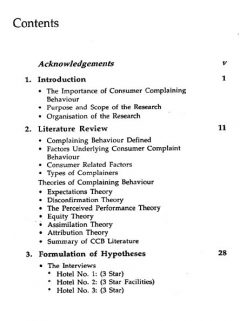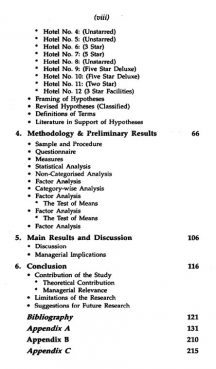Many research studies have tried to integrate the research streams of Consumer Satisfaction and Complaining Behaviour, assuming that complaining is one of the consequences of dissatisfaction, and a number of research studies have also found an inverse relationship between the two, but dissatisfaction could explain only 15% of the variance of consumer complaint behaviour. Indeed, as Halstead (1990) point out, “Consumer dissatisfaction is not a sufficient condition for complaining to occurâ€. Very often, consumers do not take action to alleviate their problems, and decide to simply go away. As as result they fail to obtain redress and the organization has absolutely no idea of what went wrong in the relationship. According to Jacoby and Iaccard, (1981)dissatisfaction may not even be a necessary condition for a person to complain. It has been found that not all complainers dissatisfied. In fact, it is interesting to note that complaints may even arise from satisfied users, non-users and non-purchasers of a product or service. The defensive Marketing Strategy put forward by Fornell and Wernerfelt (1987) has as its fundamental objective the identification and management of customer dissatisfaction, so that negative effects on a firms are minimized. It is believed that consumer satisfaction information can serve as a feedback mechanism for organizations and satisfaction and loyalty can be restored through effective complaint management. While the subject to complaining behaviour is extensively researched from the point of view of the customer, studies, which look at the subject from the organizations; point of view, are rare. A customer expresses his dissatisfaction about a product or service to get redressal from the organization. Hence it necessitates some kind of a response from the provider of the product or service. If the provider possesses knowledge about consumer behaviour, his task in assessing the complaint and using resources available to manage it, becomes easier. This research uses a field survey approach in which managerial personnel are interviewed to gain insights from their experience with handing of complaining customers. Results indicate that the service providers view different types of customers as being easy to handle or difficult to satisfy. An attempt is made to theorise why this could be so.
Who Stole the American Dream
$21.60
$24.00








There are no reviews yet.